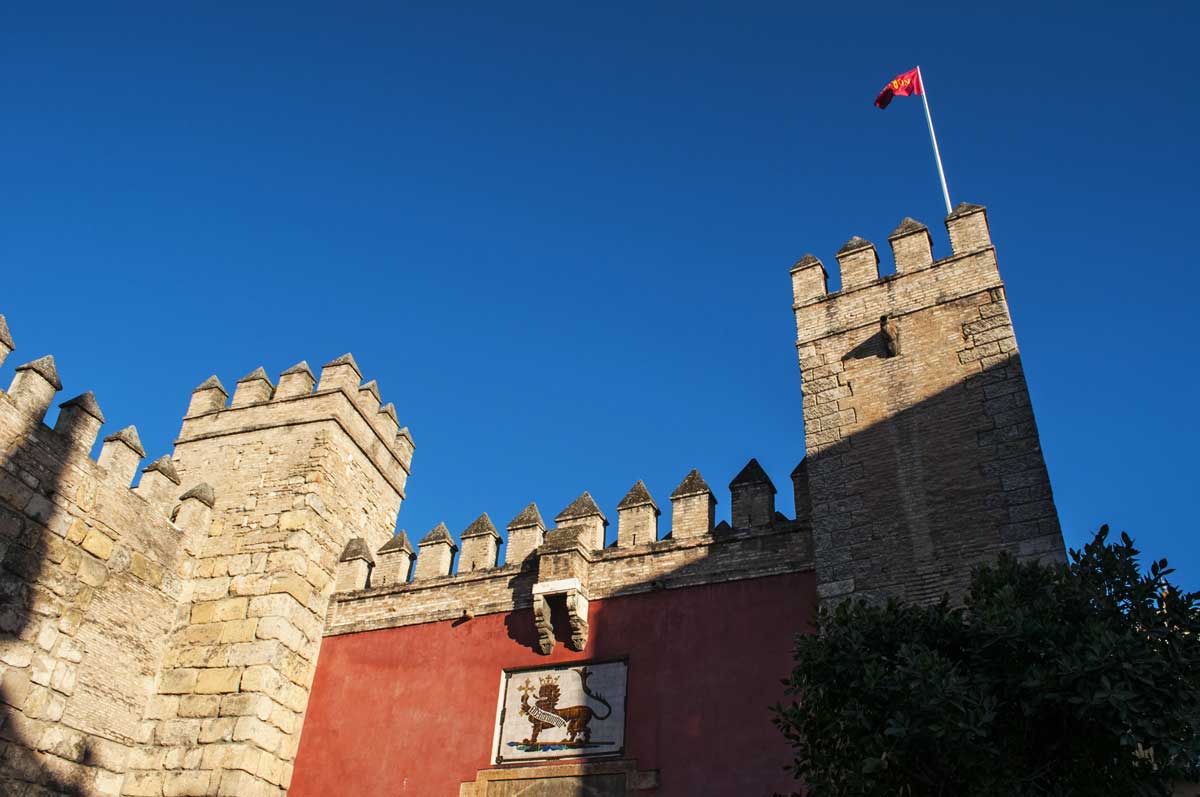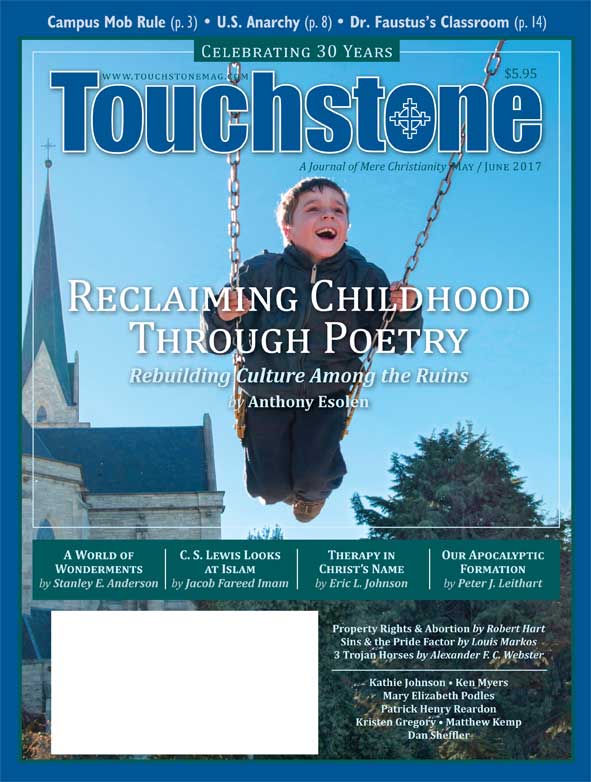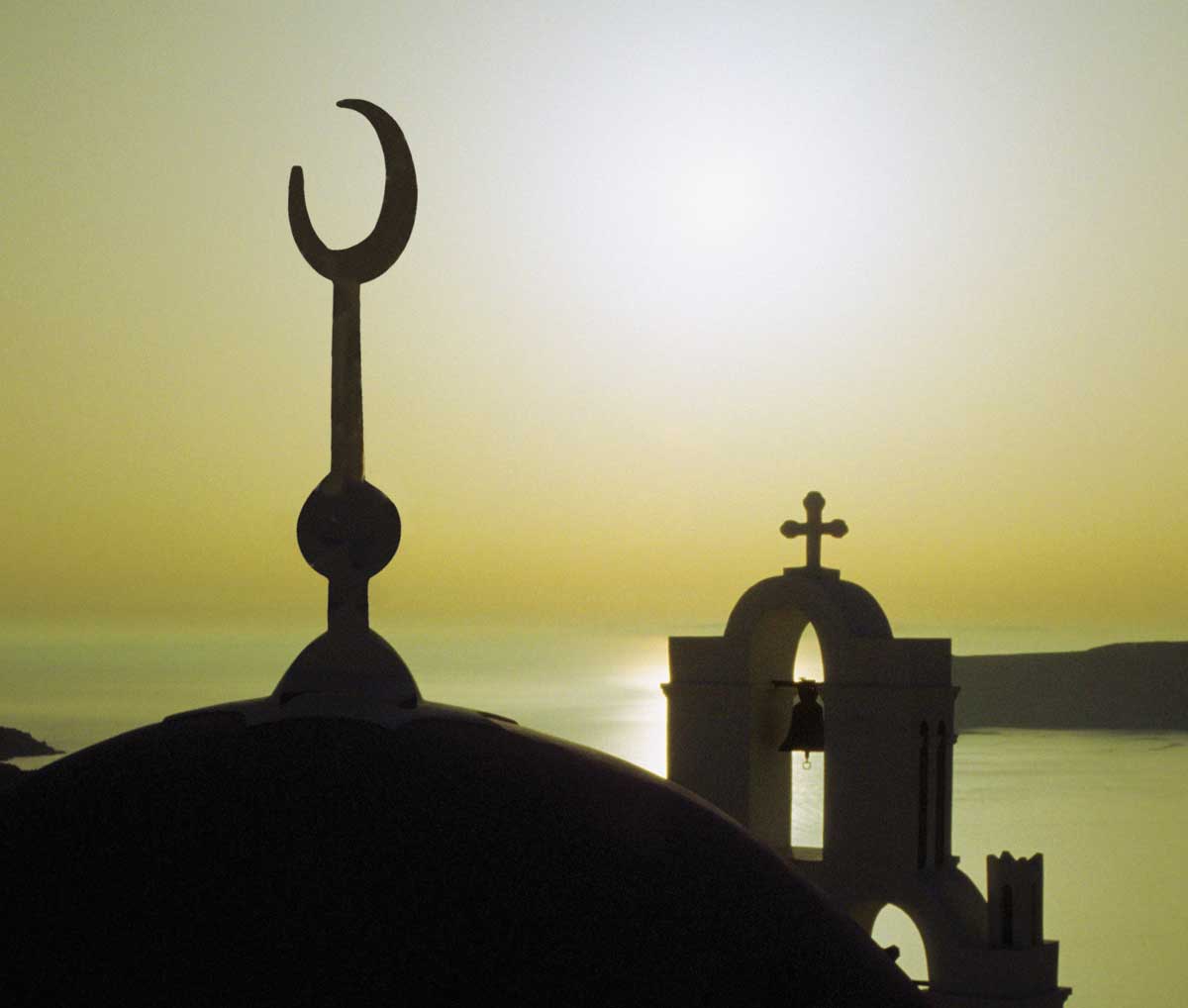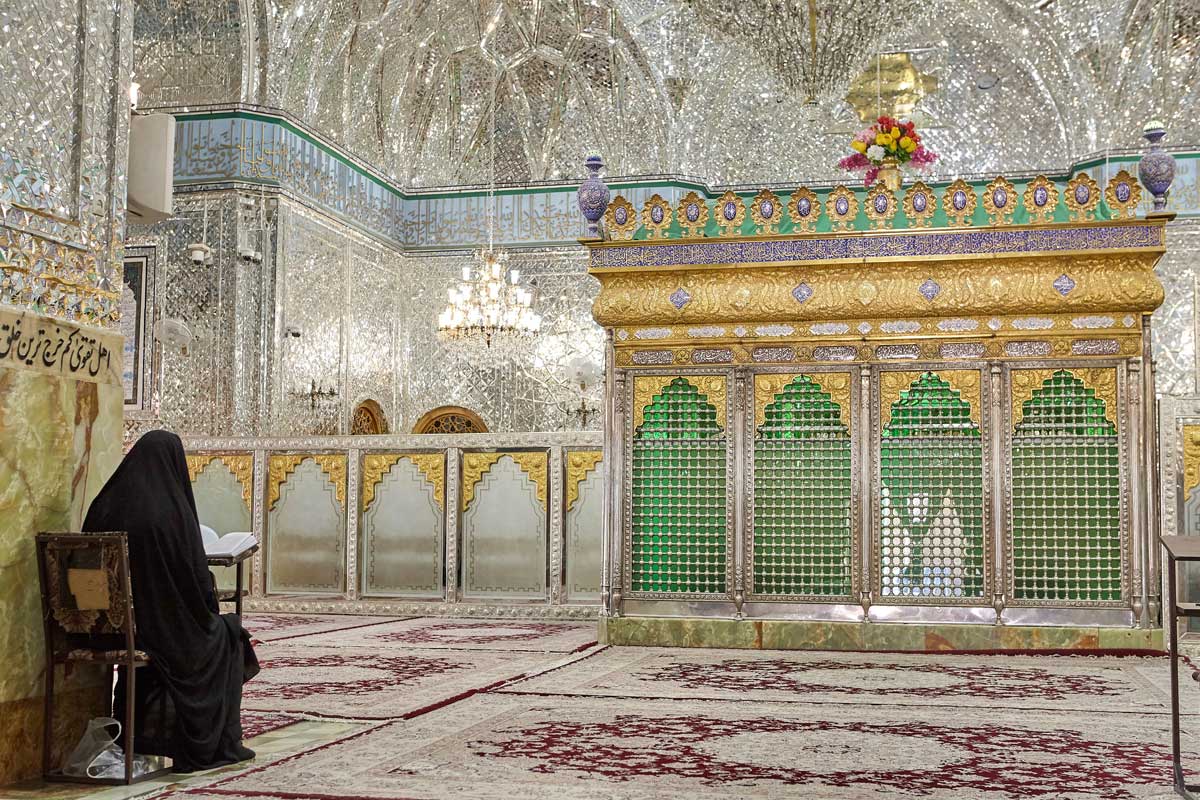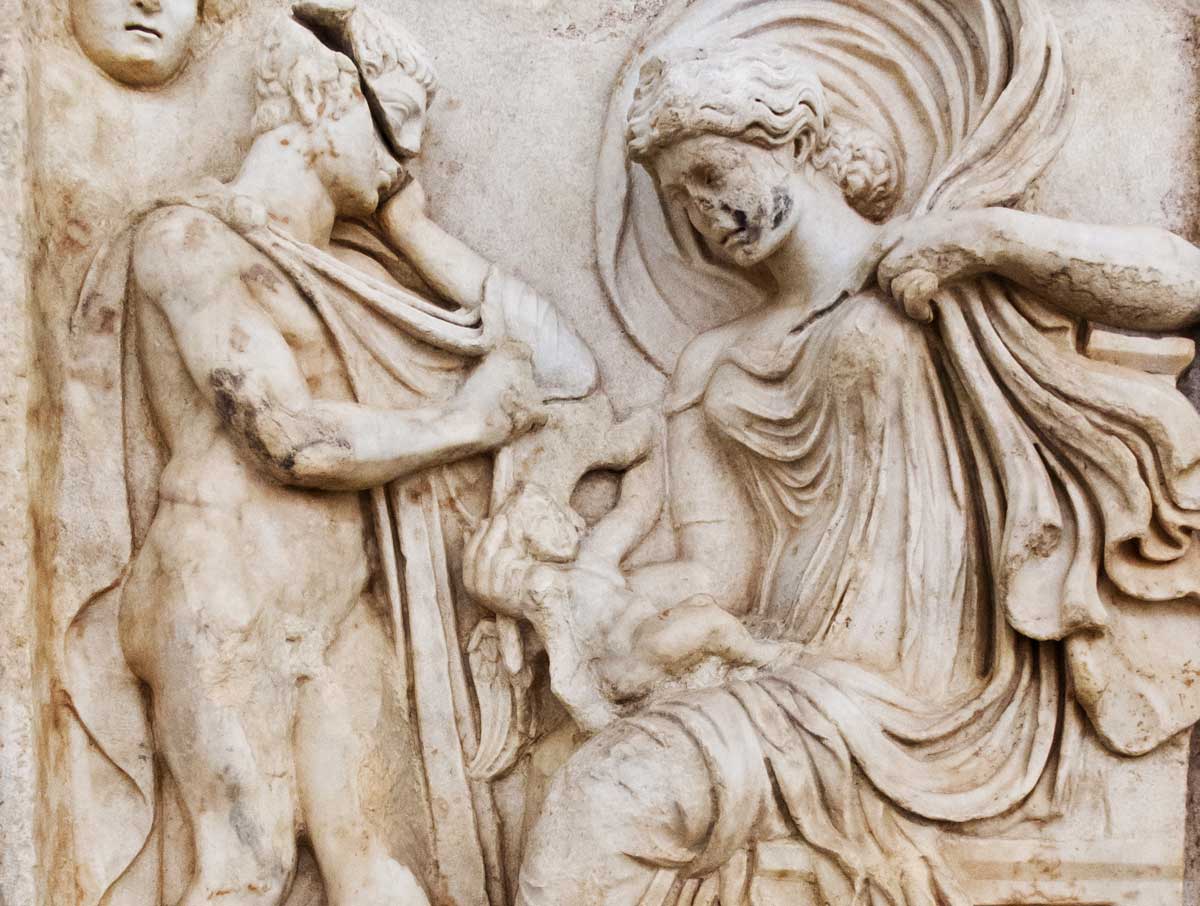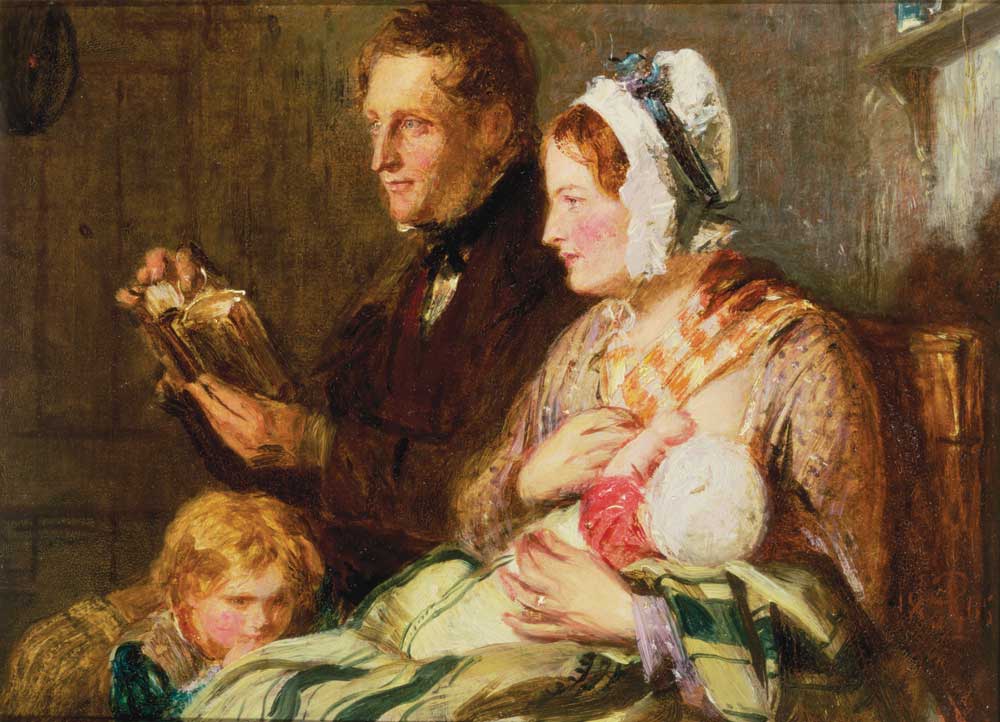Feature
Not Merely Islam
C. S. Lewis Assesses the Religion of Mohammed by Jacob Fareed Imam
Living in Christian Oxford as he did and dying in 1963, C. S. Lewis never directly witnessed the growing scale of Islamic immigration to the United Kingdom in the years after World War II. His exposure to Islam was more literary and intellectual than personal and actual.
Daily interactions between Muslims and Christians in Britain (and throughout the West) have increased vastly since Lewis's time, yet mutual understanding has not grown with the same rapidity. Particularly now, as Islamic extremism threatens the West with yet another holy war, Christians must understand Islam apart from polemical analyses. Samuel Huntington argues in The Clash of Civilizations and the Remaking of World Order (1996) that both of these world religions grew markedly in the twentieth century in large part because many tried to escape modernity and secularity in tradition-dependent claims to truth. Given that so many settled within these traditions, it would be interesting to examine what a major religious thinker of the time thought about the other religion.
Lewis, as one of the greatest Christian thinkers of the twentieth century and somewhat ahead of his time in his familiarity—albeit literary and intellectual—with things Islamic, may assist us in understanding Islam from a Christian perspective.
Historical Understanding
Before we turn to Lewis directly, let us review the general historical understanding of Islam from within the Christian tradition. St. John of Damascus' De Haeresibus (Of Heresies) is the earliest extant robust evaluation of the Islamic faith. John's use of the word "heresy" here amounts to an admission that Muslims, despite their many departures from Christian orthodoxy, are in the same world of discourse as Christians, although the disparities are substantial. The wider Christian world did not discount John's categorization but adopted and continued it—most famously in Dante's Divine Comedy, where Mohammed is placed in the infernal circle of schismatics because he sundered Christian unity in Asia and Africa with his Arabian heresy.
According to Hartmut Bobzin in The Qur'an as Text (Brill, 1996), the idea that Islam is a heresy, even the "epitome of all heresies," and the Qur'an "an awkward figment of Satanic imagination" and a "treasury of heresy," would become popular not only in eighth-century Byzantium, but also in twentieth-century Europe. Many thought the Qur'an held nothing but a mixture of old heresies that earlier church verdicts had refuted.
At the time of the Reformation, Martin Luther himself declared that Mohammed was one of the heads of the anti-Christ (the pope, of course, was the second head!), and he sought therefore to strengthen preaching against the Islamic "temptation." Catholics, for their part, declared that Islam was merely ritualism devoid of sacraments and mystery. People often heard the idea that the Islamic faith forced Muslims to submit blindly to a tyrannical overlord.
Here we must understand that although the word "Muslim" means "one who submits" or "submissive one," the word holds no negative connotations for Muslims themselves. The mim-sin-lâm root (m, s, and l) that is the basis for Muslim as well as for Islam, which means "submission," connotes a general entrusting of one's wholeness to another. Another word with the same root is salam, peace (a neighbor of the Hebrew word shalom). A Muslim understands himself to submit to Allah that he might be salim—unbroken—and may find peace in the bosom of Allah's law. Thus, a follower of Islam does not primarily think of himself as submitting to an ironclad despot, but as submitting to Allah that peace might indeed flourish.
Nevertheless, "Muslim" was deployed with a pejorative connotation by Christian commentators—though until relatively recently their common designation was not "Muslim" but "Mohammedan." All great heresies are known by their founders (e.g., Marcionism, Arianism, Nestorianism, etc.) and therefore Islam, for as long as it was still considered a Christian heresy, was generally known as Mohammedanism.
Interestingly, prior to becoming a Christian, C. S. Lewis used the word "Moslem," as evidenced by a letter of July 9, 1927. After his conversion, he more typically used the term "Mohammedan," meaning thereby to indicate Islam's position as a heresy rather than an independent religion. In Arthurian Torso (his study of the poetry of Charles Williams) he describes the faith started by Mohammed as "strong, noble, venerable; yet radically mistaken."
Jacob Fareed Imam is a Marshall Scholar, doctoral student, and former president of the C. S. Lewis Society at the University of Oxford. He is the managing director at Catholics 4 Truth & Justice.
subscription options
Order
Print/Online Subscription

Get six issues (one year) of Touchstone PLUS full online access including pdf downloads for only $39.95. That's only $3.34 per month!
Order
Online Only
Subscription

Get a one-year full-access subscription to the Touchstone online archives for only $19.95. That's only $1.66 per month!
bulk subscriptions
Order Touchstone subscriptions in bulk and save $10 per sub! Each subscription includes 6 issues of Touchstone plus full online access to touchstonemag.com—including archives, videos, and pdf downloads of recent issues for only $29.95 each! Great for churches or study groups.
Transactions will be processed on a secure server.
more on islam from the online archives
more from the online archives
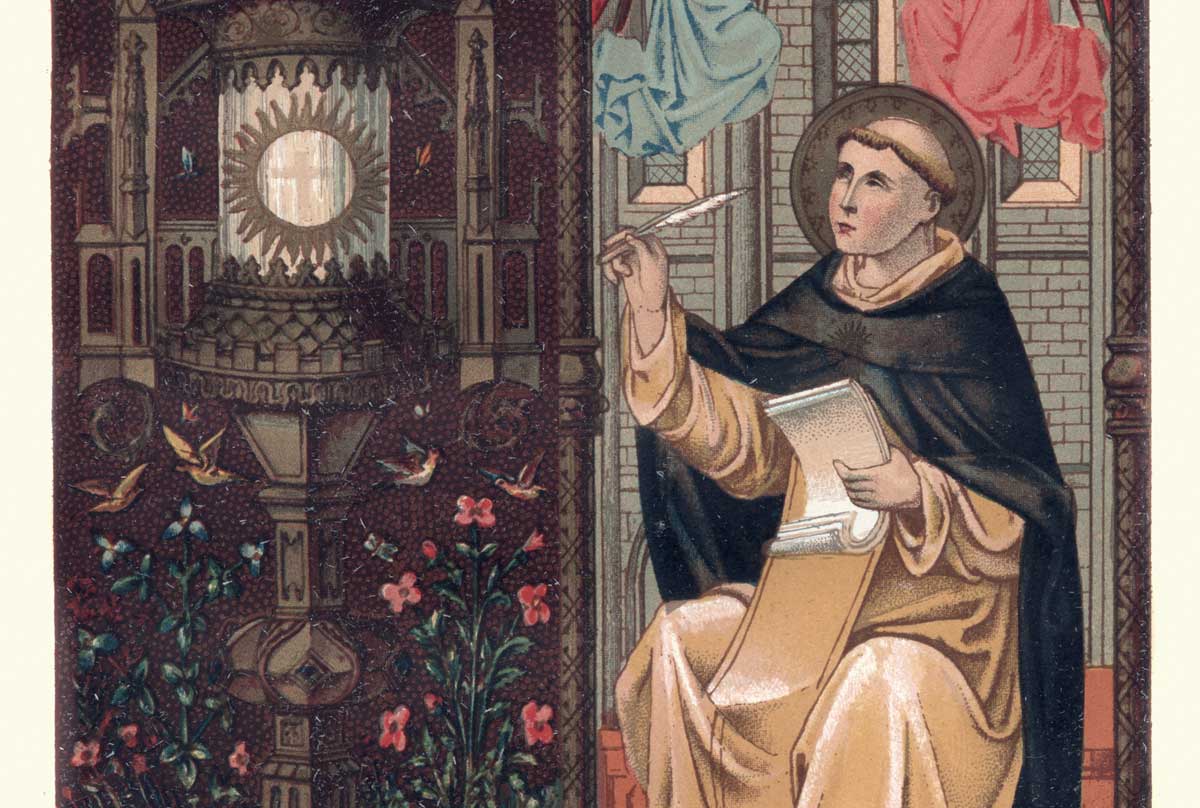
23.6—November/December 2010
Darwin, Design & Thomas Aquinas
The Mythical Conflict Between Thomism & Intelligent Design by Logan Paul Gage
calling all readers
Please Donate
"There are magazines worth reading but few worth saving . . . Touchstone is just such a magazine."
—Alice von Hildebrand
"Here we do not concede one square millimeter of territory to falsehood, folly, contemporary sentimentality, or fashion. We speak the truth, and let God be our judge. . . . Touchstone is the one committedly Christian conservative journal."
—Anthony Esolen, Touchstone senior editor





